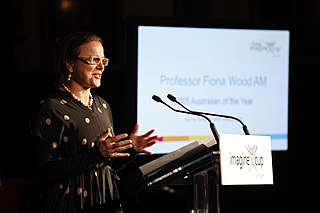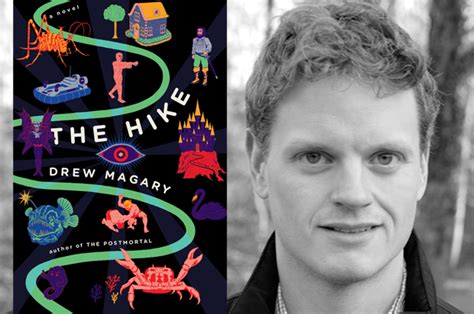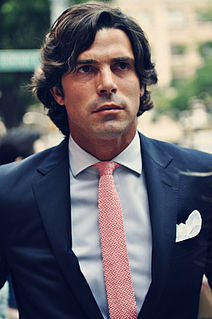A Quote by Mitch Albom
I thought about all the people I knew who spent many of their waking hours feeling sorry for themselves. How useful it would be to put a daily limit on self-pity. Just a few tearful minutes, then on with the day.
Related Quotes
Self-pity is the bestiality of emotions: it absolutely disgusts people. When you're feeling pity for yourself, and somebody says to you 'You think maybe it's time for the pity party to be over? You should stop feeling sorry for yourself and try to think positive,' it makes you wish you could saw their head off.
Sorry means you feel the pulse of other people's pain as well as your own, and saying it means you take a share of it. And so it binds us together, makes us trodden and sodden as one another. Sorry is a lot of things. It's a hole refilled. A debt repaid. Sorry is the wake of misdeed. It's the crippling ripple of consequence. Sorry is sadness, just as knowing is sadness. Sorry is sometimes self-pity. But Sorry, really, is not about you. It's theirs to take or leave.
Our awareness of time affects how we think and act. This is illustrated by the story about the clock in a restaurant window. It "had stopped a few minutes past noon. One day a friend asked the owner if he knew the clock was not running. 'Yes,' replied the restaurant man, 'but you would be surprised to know how many people look at that clock, think they are hungry, and come in to get something to eat."' If only there were some kind of divine timepiece that would arouse a spiritual hunger in people!
Being able to influence the outcome, being able to do something about it, to be able to stop the bleeding. You're not being useful if you're just standing there going "Oh, that's awful!" You're only useful if you actually do something about it and I think that goes for everything. If you actually do something about what's in front of you, then you are actually contributing and you haven't got time to be self-centred or sorry for yourself. You should be doing something about the person you really should feel sorry for.
The idea for me came when I was watching a 60 Minutes segment about resveratrol, the chemical in red wine that lets you live longer, supposedly. And they were like, "Who knows, maybe one day it will help to cure aging." And I thought, "Well, if they did that, we'd all kill each other." And then I laughed, and then I thought about how precisely that would happen. That's how the book came to be.
A friend of mine had this idea a few years ago. We thought it would be a great way to promote the sport and to put polo in front of a lot more people in an unexpected place: the romance novel. There's a lot of people that care about those kinds of stories, especially women, and it would help people to know what the polo life is all about. It's not just what you see in the newspapers or on Pretty Woman. There's a lot more to it: the time spent in the barn, how much we love the horses, the relationship with the horses and with the family, etc.
People never hurt others in moments of personal strength and bravery, when they are feeling good about themselves, when they are strong and confident. If we spent all of our waking moments in that place, then fighting for social justice would be redundant; we would simply have social justice and be done with it, and we could all go swimming, or fishing, or bowling, or dancing, or whatever people do. But it is because we spend so much of our time in that other place, that place of diminished capacity, of flagging energy, or wavering and somewhat flaccid commitment, that we have to be careful.
Our life is made up of time; our days are measured in hours, our pay measured by those hours, our knowledge is measured by years. We grab a few quick minutes in our busy day to have a coffee break. We rush back to our desks, we watch the clock, we live by appointments. And yet your time eventually runs out and you wonder in your heart of hearts if those seconds, minutes, hours, days, weeks, months, years and decades were being spent the best way they possibly could. In other words, if you could change anything, would you?






































